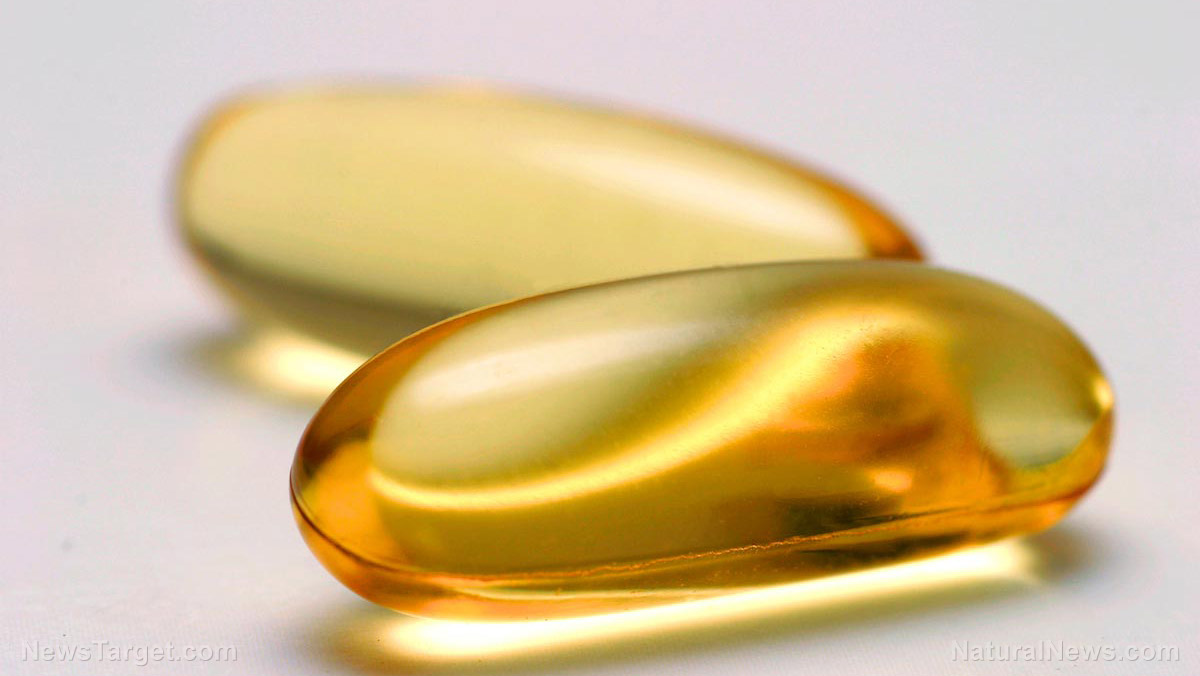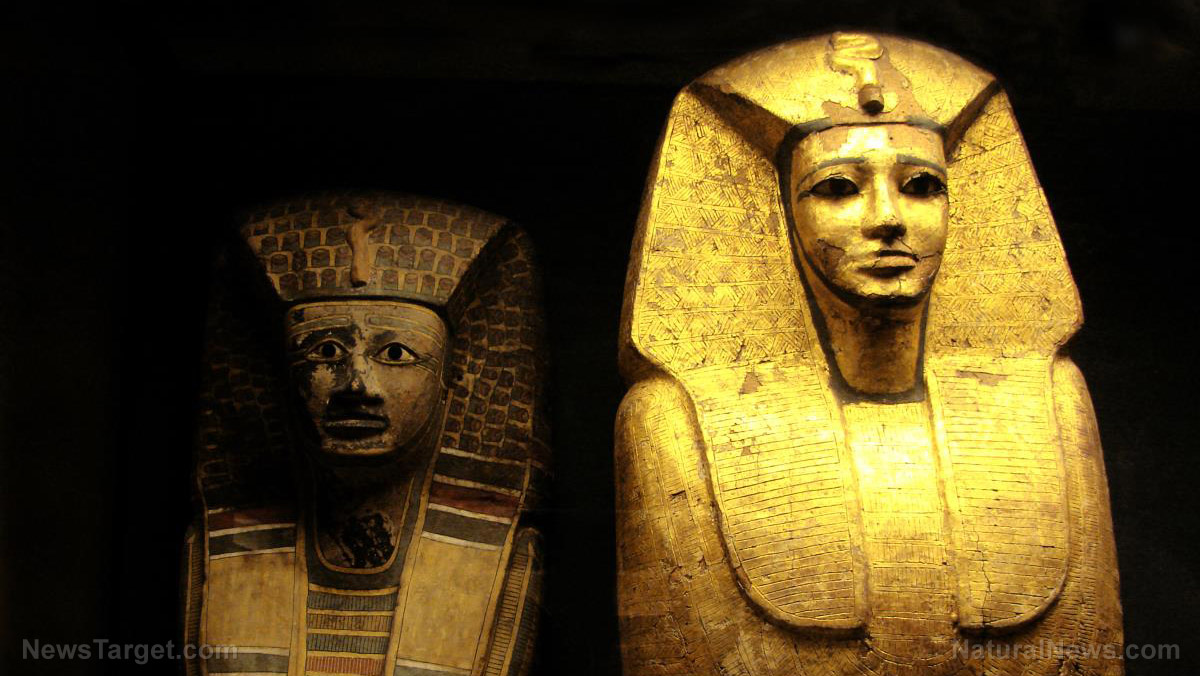 Parler
Parler Gab
Gab
Developed for 10 years at the U.K. Center of Astrobiology at the University of Edinburgh, the technique could pave the way for human settlements in space as it provides easier access to materials used for space technology.
Extracting resources in space using bacteria
The microbes included in the study were Sphingomonas desiccabilis, Bacillus subtilis and Cupriavidus metallidurans. These species of bacteria are already used on Earth to mine for gold, copper and uranium, but it's still uncertain whether they also work in low gravity environments. To test how these microbes work in space, the researchers developed matchbox-sized "biomining reactors" where small pieces of basalt – a rock typically found on the moon and Mars – would be soaked in a bacterial solution for three weeks under the gravity conditions on Mars, Earth and the ISS. The researchers also included a solution with no bacteria as a control for the study.Eighteen of these "BioRock" reactors were transported to the ISS aboard a SpaceX rocket launched in July last year. Results showed that S. desiccabilis extracted up to 400 percent of the rare earth elements leached by the non-biological controls across all gravity conditions.
"Our experiments lend support to the scientific and technical feasibility of biologically enhanced elemental mining across the Solar System," said co-lead author Charles Cockell of Edinburgh's School of Physics and Astronomy.
It was previously thought that bacteria would have been stressed out so much under low gravity conditions as there’s no external force to shift waste and resources around the microorganisms. According to co-lead investigator Rosa Santomartino, who's also from Edinburgh's School of Physics and Astronomy, the experiment showed that S. desiccabilis are "very versatile."
"As we move into space, they can be used to accomplish a diversity of processes. Elemental mining is potentially one of them," Santomartino said.
The future of space mining
The experiment, according to Cockell, was a "scientific proof of concept" that shows that the BioRock technique also work in space. Cockell noted that while it's not yet economically viable to mine for resources in space and bring them to Earth, space biomining can potentially support a self-sustaining human presence in space. Rare earth elements like iron and magnesium are critical components of electronics, including gadgets used in space, due to their unique properties. The reactors can be used to source these precious resources, and the bacteria can be further used to break down rocks for growing crops. Recent research showed that crops like tomatoes and rye can potentially be grown in Martian and lunar rocks provided that these rocks are enriched with soil nutrients. Cockell cited the Oceanus Procellarum region of the moon as a viable target for constructing robot and human-tended mines. This region is comprised of rocks with rich concentrations of rare earth elements and therefore can be a good starting point for establishing a human presence in space. (Related: Sci-fi in real life: Scientists propose building a space station INSIDE an asteroid and using its gravity to mine valuable space rocks.) While Cockell admits that BioRock might be expensive when scaled up for higher levels of production, he said that the technique is just one approach to mining. More studies are needed to improve biomining techniques to make them feasible for actual use. Space.news has more on the latest in space research. Sources include: DailyMail.co.uk Nature.com SmithsonianMag.com ScienceDaily.comStudy shows antioxidants in cheese may protect blood vessels from salt damage
By Rose Lidell // Share
Supplementing with vitamin D found to improve blood pressure in overweight children
By Zoey Sky // Share
Steve Quayle: Truth about aliens and destruction of human race will be revealed
By Kevin Hughes // Share
Qatari study finds natural immunity is 97% EFFECTIVE against severe COVID even after 14 months
By Ramon Tomey // Share
Curcumin found to stop cancer cell growth
By Zoey Sky // Share
Governments continue to obscure COVID-19 vaccine data amid rising concerns over excess deaths
By patricklewis // Share
Tech giant Microsoft backs EXTINCTION with its support of carbon capture programs
By ramontomeydw // Share
Germany to resume arms exports to Israel despite repeated ceasefire violations
By isabelle // Share










